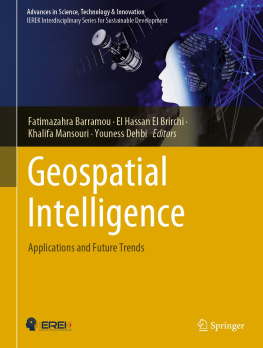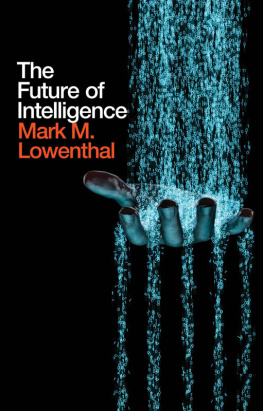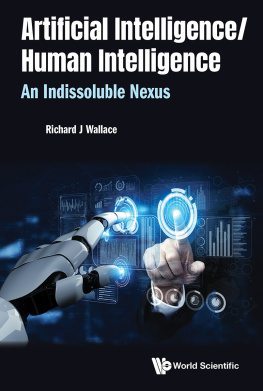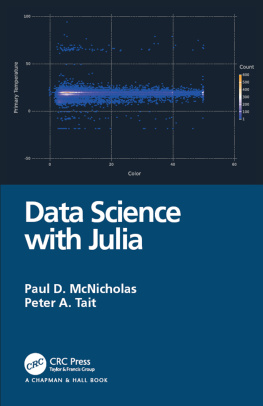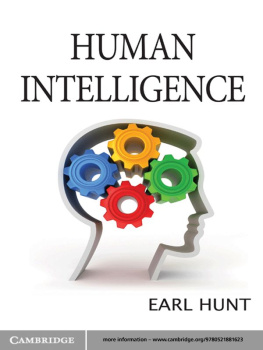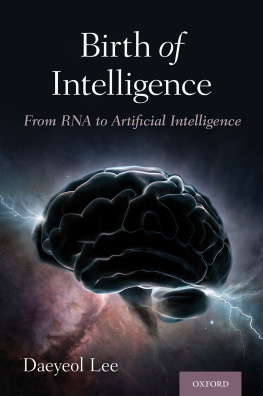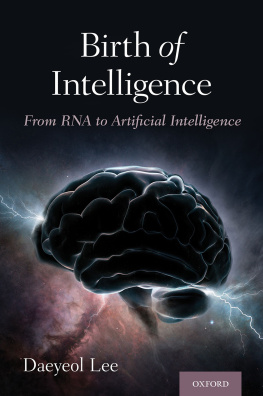Future Bright
FUTURE BRIGHT
A Transforming Vision of Human Intelligence
Michael E. Martinez


Oxford University Press is a department of the University of Oxford.
It furthers the Universitys objective of excellence in research, scholarship, and education by publishing worldwide.
Oxford New York
Auckland Cape Town Dar es Salaam Hong Kong Karachi Kuala Lumpur Madrid Melbourne Mexico City Nairobi New Delhi Shanghai Taipei Toronto
With offices in
Argentina Austria Brazil Chile Czech Republic France Greece Guatemala Hungary Italy Japan Poland Portugal Singapore South Korea Switzerland Thailand Turkey Ukraine Vietnam
Oxford is a registered trademark of Oxford University Press in the UK and certain other countries.
Published in the United States of America by
Oxford University Press
198 Madison Avenue, New York, NY 10016
Oxford University Press 2013
All rights reserved. No part of this publication may be reproduced, stored in a retrieval system, or transmitted, in any form or by any means, without the prior permission in writing of Oxford University Press, or as expressly permitted by law, by license, or under terms agreed with the appropriate reproduction rights organization. Inquiries concerning reproduction outside the scope of the above should be sent to the Rights Department, Oxford University Press, at the address above.
You must not circulate this work in any other form
and you must impose this same condition on any acquirer.
Library of Congress Cataloging-in-Publication Data
Martinez, Michael E.
Future bright : a transforming vision of human intelligence / Michael E. Martinez.
pages cm
ISBN 9780199781843
1. Intellect. I. Title.
BF431.M38367 2013
153.9dc23
2012042790
9 8 7 6 5 4 3 2 1
Printed in the United States of America
on acid-free paper
Dedicated to Lindy, Kiely, Amy, and Hillary
CONTENTS
Over the last 50 years, the United States and many other developed countries have transitioned from an industrial economy based on manual labor in factories to a postindustrial economy based on cognitively challenging use of new information and communication technologies. Whereas previously ones livelihood typically depended on securing a permanent unionized factory job, today those jobs are much rarer, and success largely depends on the ability to read critically, write cogently, analyze complex data, solve problems, and communicate effectively in multiple media with people around the world. In other words, the age of intelligence is upon us.
Michael Martinez has done more than perhaps anyone else to elucidate the significance of this age. Future Bright distills his 30 years of research on what intelligence is, why and how it varies, the relationship of intelligence to the mind and brain, the naturenurture dilemma, and how experience can cultivate intelligence. He proposes and eloquently explains his vision of the structure of human intelligence, which, in his view, is rooted in fluid intelligence (the ability to solve problems), crystallized intelligence (accumulated knowledge), and effective character (a smart heart). And perhaps most important, he presents proven strategies that individuals, parents, and schools can put in place to foster the development of intelligence.
Sadly, Professor Martinez passed away on April 5, 2012, at the age of 55 after nearly a decade-long battle with cancer. I had the good fortune of working closely with Michael during the last 12 years of his life. Michael was the epitome of everything he has written about, radiating the kind of problem-solving ability, accumulated wisdom, and effective character that he discusses in his book. He pursued intellectual problems vigorously for decades, always with a deeply critical spirit and a complete open mind. He touched the lives of dozens of graduate students and thousands of undergraduates with his compelling and democratic vision of how the mind works. He involved scores of these students in his own research projects, and especially in his most recent Brain Boost project, which put his ideas into practice through practical hands-on programs to raise the intelligence of children in local public schools. He lived a rich and stimulating life through his faith and family, his deep and long-lasting friendships, his lifetime commitment to good health and exercise, and his passion for adventure.
The world will miss Michael Martinez, but fortunately he has left something of great value behind. Future Bright shows how all of us can strive to live as intelligently as Michael did, and help our children do so as well. It is Michaels legacy.
Mark Warschauer
I would like to acknowledge the people who helped bring this book to completion. A number of people read and commented on the manuscript at earlier stages, including Doug Piper, Scott Wood, Michaels wife, Stephanie Martinez, and his four daughters, Lindy Stice, Kiely James, Amy Lajiness, and Hillary Martinez. After Michaels untimely death, Lindsey Richland, Jeneen Graham, and Robert Calfee all provided input during the publishing process. And I am especially grateful to the editorial, production, and marketing staff at Oxford University Press for their unwavering and expert commitment to this book every step along the way.
Finally, I would like to give special recognition to Janice Hansen, a former PhD student and collaborator of Michaels. Janice was heavily involved in supporting this books publication both before and after Michaels death. She read and provided very thoughtful feedback on multiple versions of the manuscript, carefully read the copyedited versions provided by OUP, and responded to the editors inquiries. She also helped gather information for marketing materials, catalogue copy, and other documents vital for the books success. The Martinez family and I are deeply indebted to Janice for the dedicated support that she provided.
Mark Warschauer
Professor and Associate Dean
School of Education
University of California, Irvine
Youve been thinking about intelligence in the wrong way. Almost everyone assumes that intelligence is a genetically programmed trait like eye colorset from birth and unalterable. Yet the extensive body of research on human intelligence demonstrates that this assumption is false. Our best data show that IQ, the most common measure of intelligence, fluctuates within a persons lifetime as well as from generation to generation. This is our conceptual starting point: IQ scores are changeable. This central fact raises the all-important question of what causes IQ scores to shift up or down. The question is interesting, certainly, but it is also tremendously important, because it implies that with the right environment intelligence levels can be increased intentionally. This possibility holds implications for you and for the world around you. It is the conceptual centerpiece of Future Bright.
For a moment, imagine a world in which the average persons intelligence is much higher than it is currently. Would such a world be different than the present one? Now consider what it would be like if your own intelligence became significantly higher. At a minimum, the prospect is intriguing, perhaps so much so that you might feel compelled to learn more about it and, if possible, to put some of the presented ideas to the test. All these possibilities engage our imagination because intelligence is not a trivial quality with marginal importance to the world. Intuitively, we know its crucial. More than ever, in fact, intelligence is essential to living an effective life. The skilled use of the human mind has always been important, but in the 21st century intelligence has moved to center stage as the key resource of effective human activity. To be optimally effective, people in every walk of life must be equipped to think, work, and live intelligently. Intelligence is therefore pivotal to individual and collective survival and success, and to prosperity.
Next page

